Positive Change
Our SD 2030 plan sets out our sustainability goals for the next decade, focusing on four key pillars: climate and energy, circular economy, environment, and people and community. We are committed to responsible resource use, minimising our impact on the environment, and creating innovative solutions for better construction. Sustainability is integral to our strategy, risk management, and core offerings. Our efforts have led to industry-leading standards in areas such as green product development, fossil fuel substitution, and process optimisation.
Sustainable Development 2030 (SD 2030) plan
| Pillars | Objective | Lead Metrics | Target | FY 2023 Performance | SDGs Impacted |
|---|---|---|---|---|---|
|
Climate and energy |
We aim to reduce our CO2 emissions and build a low-carbon nation. | CO2 emitted | 400 kg/t cementitious material | 466 kg/t cementitious material |
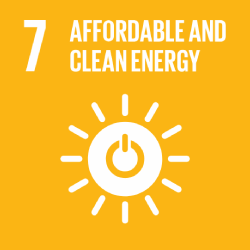
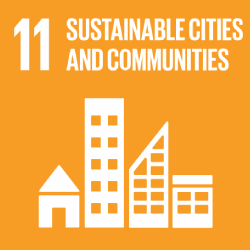
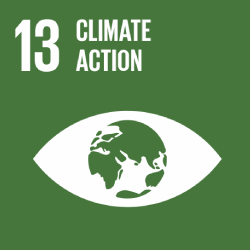
|
|
Circular economy |
We are replacing natural resources with alternative materials and renewable energy. | Waste reused | 30 million tonnes | ~15 million tonnes |

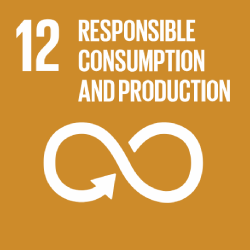

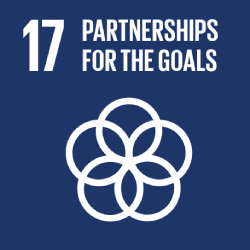
|
|
Environment |
We strive for operational excellence to reduce our environmental footprint. This pillar primarily focuses on two aspects: water and biodiversity. | Water positivity index | 5 (no. of times) | 1.1 (no. of times) |
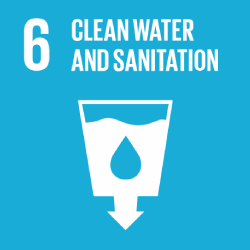

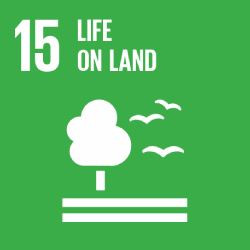
|
|
People and community |
Our rich legacy of community development and caring for our people, path breaking leadership and corporate empathy contributes to societal progress | No. of beneficiaries | 3.5 million total beneficiaries | 1.2 million people directly benefited through community development projects |


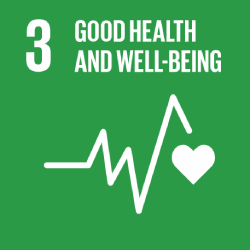
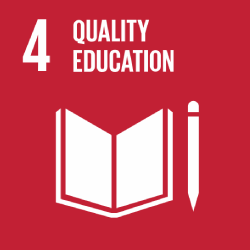
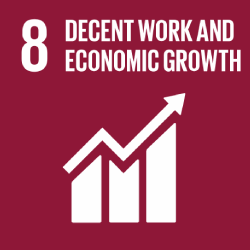



|
Board’s Role in Driving Sustainability
We have a Board-level Corporate Social Responsibility (CSR) and Sustainability Committee chaired by an Independent Director and consisting of four Board members including our WTD & CEO. This Committee oversees our sustainability and CSR priorities, including climate action activities. It plays a crucial role in developing our SD 2030 Plan, aligning with a 1.5°C Business Ambition, and providing guidance on ESG and climate-related risks, opportunities, and impacts. The Committee conducts periodic performance reviews.
Senior Leadership Oversight

At ACC, we adopt a target-driven approach to achieve the goals defined under each pillar of our SD 2030 Plan. The Board and our senior leadership team are fully committed to achieving these goals and periodically review our progress against the targets set under each pillar. Based on the progress made, we provide the necessary guidance to ensure we stay on track. To ensure effective monitoring of progress, we break down the broader objectives into functional levels and regularly review progress scorecards at the plant and corporate levels. The respective functional heads are responsible for monthly reviews of progress scorecards.
At the higher, we review progress during monthly Senior Management Committee (MANCOM) meetings. This allows us to make timely interventions and provide the necessary guidance to ensure we achieve our targets.
Target-Driven Performance

At ACC, we strongly believe in the importance of achieving our sustainability targets, which is why we link the performance evaluation and pay of our senior management and Board members to meeting these targets. We consider climate to be the most material issue for our Company and therefore, a significant proportion of management employees have at least one Key Performance Indicator (KPI) linked to climate-related objectives, which forms a part of their performance evaluation. Additionally, we have a reward and recognition programme for all employees, and our management compensation includes targets for achieving synergies, including energy savings.